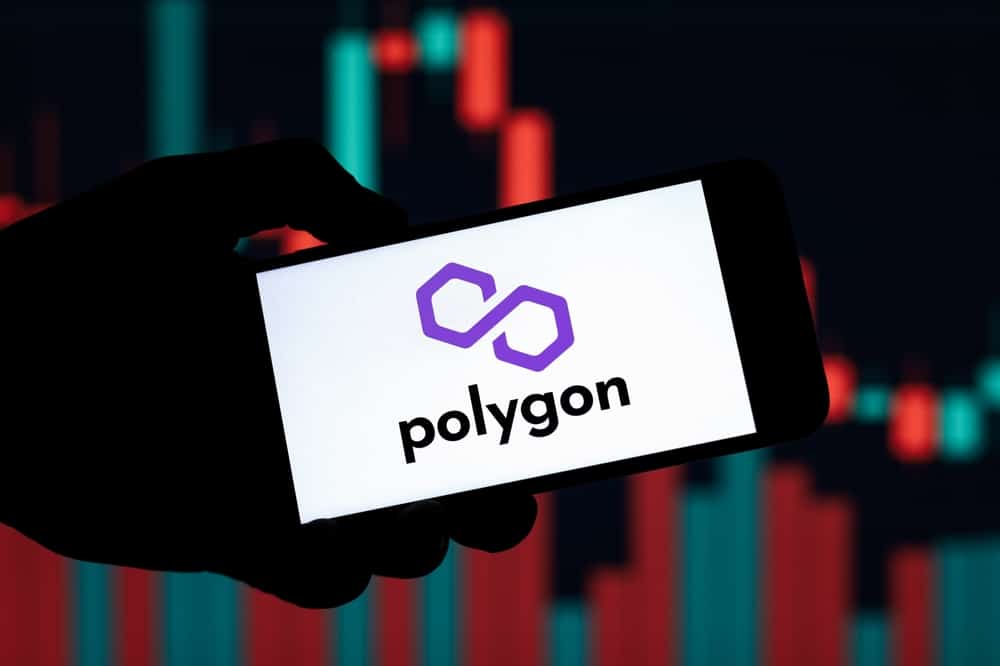The developer of the Ethereum scaling solution is set to integrate ChatGPT in launching Polygon Copilot. Polygon announced in its Wednesday, June 21 statement it was launching an artificial assistant Copilot that would integrate OpenAI’s ChatGPT to boost the user experience.
Polygon AI Assistant to Improve Conversational User Interface
The move by Polygon adds to the number of Web3-based companies integrating artificial intelligence (AI). In particular, the blockchain scaling solution projects that the AI-powered interface would benefit the enthusiast users in unlocking interactions world through inquisitive prompts.
Polygon AI assistant targets serious builders through its conversational user interface, thereby representing a leap towards superior user experiences. It affirms Polygon’s specialty in interoperability and scaling platforms for building Ethereum-compatible blockchains.
A subsequent tweet by Polygon justified the integration of AI assistant Chatbot by admitting the challenge of navigating a vast dApps ecosystem in the wake of zero knowledge-powered scalings.
Polygon Copilot Oriented to Offer Better Insights and Analytics
The launching of Polygon Copilot comes months after it released the final mainnet for the Ethereum-oriented zkEVM solution in March. The AI-powered assistant involved a joint project with the LayerE application developer. Through the collaborative input of LayerE, the Copilot features GPT-3.5 and GPT-4 interfaces. The inclusion of OpenAI’s interfaces targets to reinforce Copilot’s capabilities in offering analytics, guidance, and insights. The Wednesday statement reveals that the Copilot training relied upon the Polygon protocol documentation.
Polygon Copilot guarantees transparency and accuracy by sharing information sources captured within the responses. Polygon clarifies that its chatbot involves a three tiers platform involving, Degen, Advanced, and Beginner, to accommodate various users’ levels in the ecosystem.
The statement directed parties seeking to utilize the Polygon Copilot by connecting to a wallet. The wallet services the facilitative role of the user account. Additionally, the accounts are assigned credits every 24 hours that one utilizes to pose questions. Each account is assigned credits to use towards asking questions, and new credits are added every 24 hours.
The company clarifies that the Polygon Copilot is loaded with witty responses. The chatbot can illustrate the leading nonfungible tokens (NFTs) with the inclusion of personality, Drill Club details, and legitimacy.
The Copilot replicates other platforms utilizing ChatGPT’s technology with a disclaimer warning that answers may occasionally lack face value. The company indicated that the Polygon Copilot utilizes the nascent artificial intelligence tech, thus occasionally susceptible to providing inaccurate information.
Polygon restated its devotion to transparency by limiting the responses the Copilot chatbot generates to avert spamming and overload.
Polygon Matches Rivals With AI Assistant Leveraging ChatGPT
Polygon is replicating the trend of Web3 companies that have recently embraced artificial intelligence to boost user experience and productivity. Among the firms with ChatGPT integration are Solana Labs, Etherscan, and Alchemy.
Solana Labs launched the ChatGPT plugin targeting real-time blockchain analysis. Alchemy replicated the Solana Labs project with a Web3 development-specific AlchemyAI for blockchain analysis.
Etherscan is the latest to launch the ChatGPT integration into the Code Reader tool. The integration seeks to boost the understanding of the Ethereum source code.
Meanwhile, the integration of artificial intelligence is set to become viral. This awareness is evident in the Recording Academy’s recent decision to update the 2024 Grammy Awards rules to allow the inclusion of music created using AI tools.
The new guidelines, updated on Tuesday, June 20, reveal the consideration of AI-assisted music during the upcoming 66th Grammy Awards.
Comparative Review of Microsoft’s Security Copilot
The use of Copilot in Polygon is reminiscent of its adoption in products utilizing artificial intelligence. Besides the Copilot coding assistant launched by GitHub, Microsoft introduced Security Copilot in May.
The Security Copilot by Microsoft involves a cybersecurity tool that leverages generative AI to reinforce threat detection within the Microsoft ecosystem. The American software giant lauded the generative AI to analyze large datasets and subsequently generate patterns relevant to improve cybersecurity through real-time detection and prevention.
Microsoft 365 Copilot is an AI-powered engine allowing security and information administrators to analyze colossal data to spot signs of cyber threats quickly. Like Polygon, the Security Pilot utilizes prompts and queries to trigger responses by leveraging the large language model (LLM).
Editorial credit: photo_gonzo / Shutterstock.com
At Tokenhell, we help over 5,000 crypto companies amplify their content reach—and you can join them! For inquiries, reach out to us at info@tokenhell.com. Please remember, cryptocurrencies are highly volatile assets. Always conduct thorough research before making any investment decisions. Some content on this website, including posts under Crypto Cable, Sponsored Articles, and Press Releases, is provided by guest contributors or paid sponsors. The views expressed in these posts do not necessarily represent the opinions of Tokenhell. We are not responsible for the accuracy, quality, or reliability of any third-party content, advertisements, products, or banners featured on this site. For more details, please review our full terms and conditions / disclaimer.

